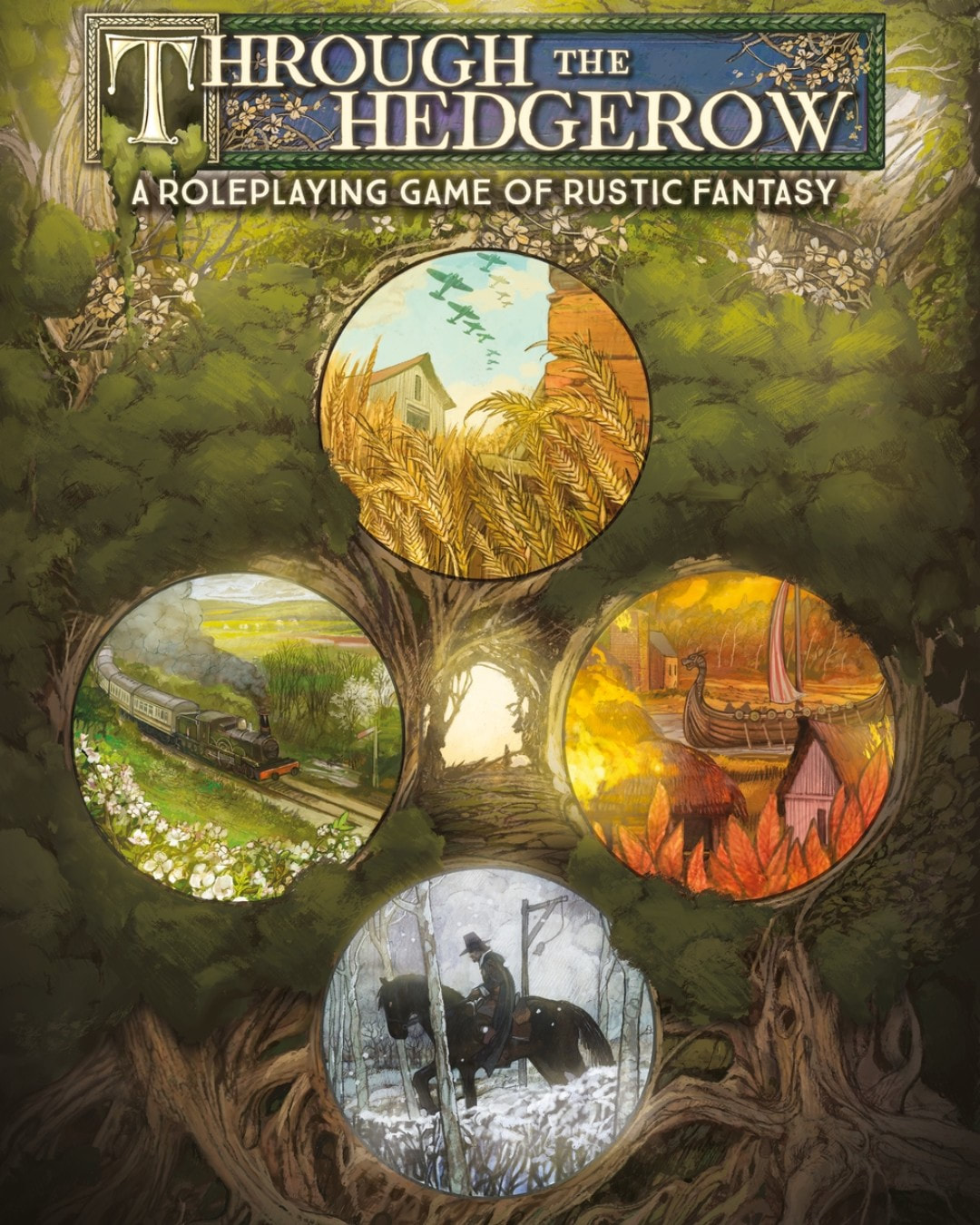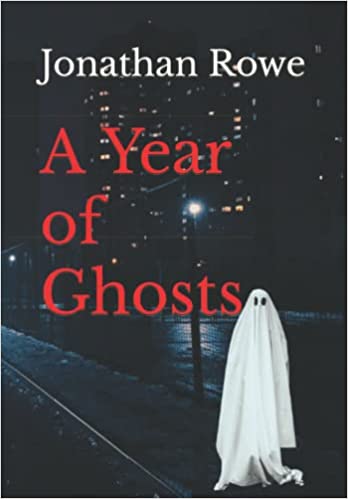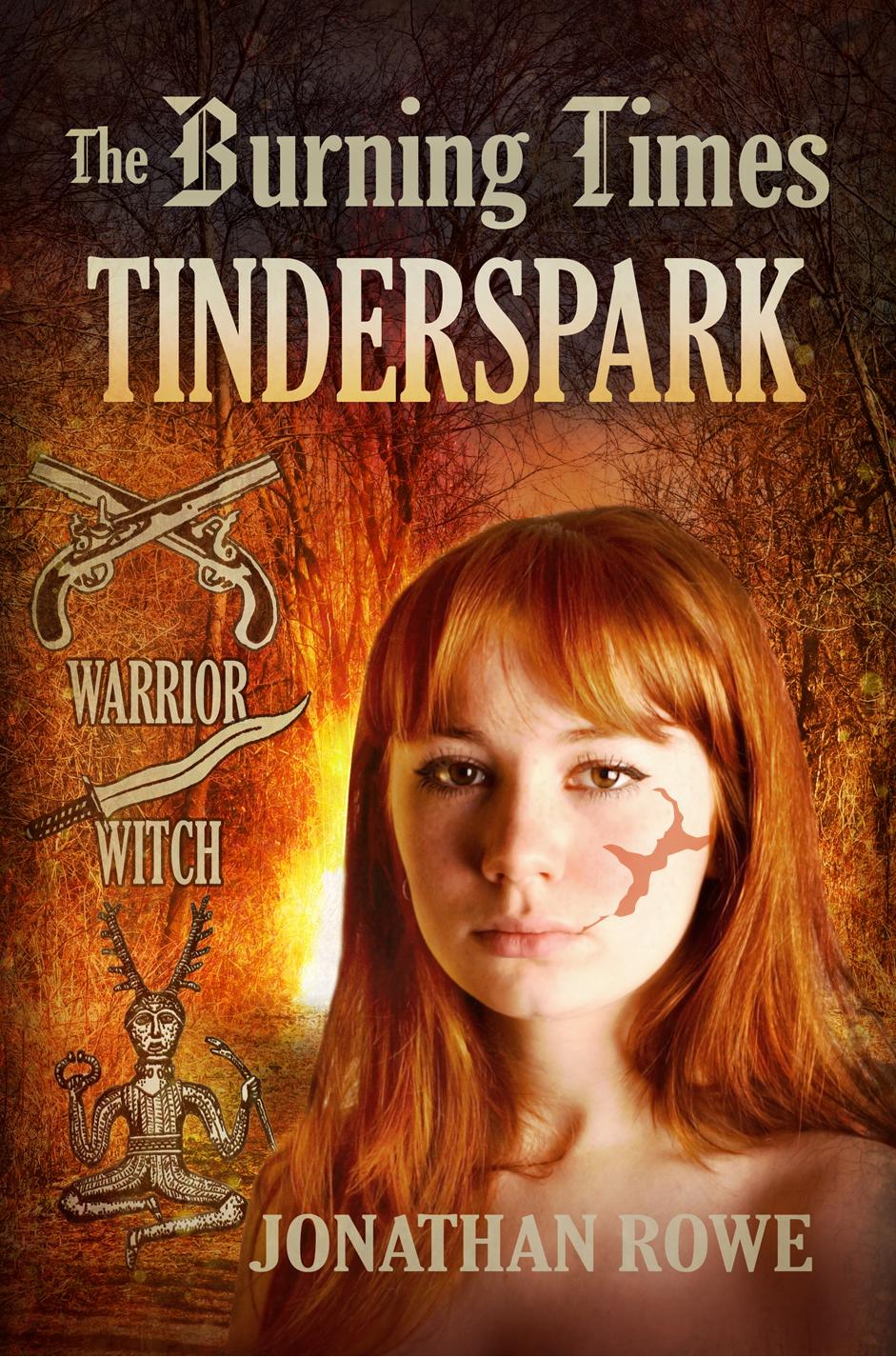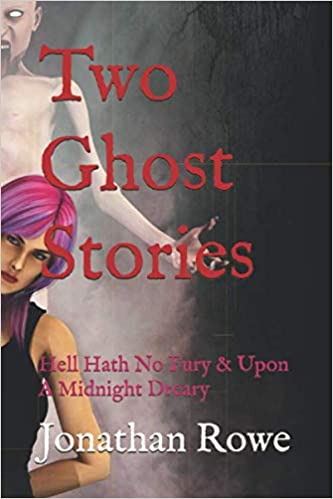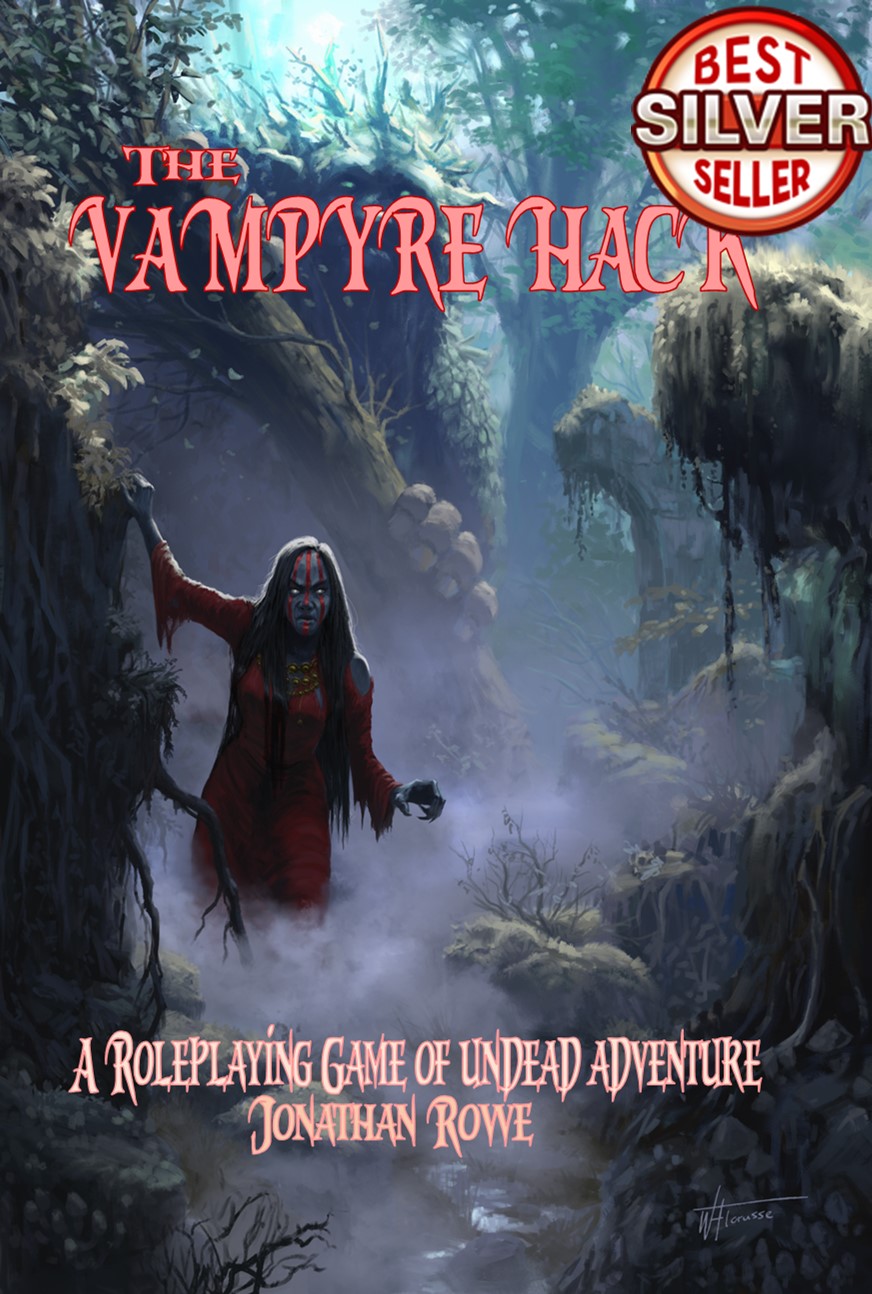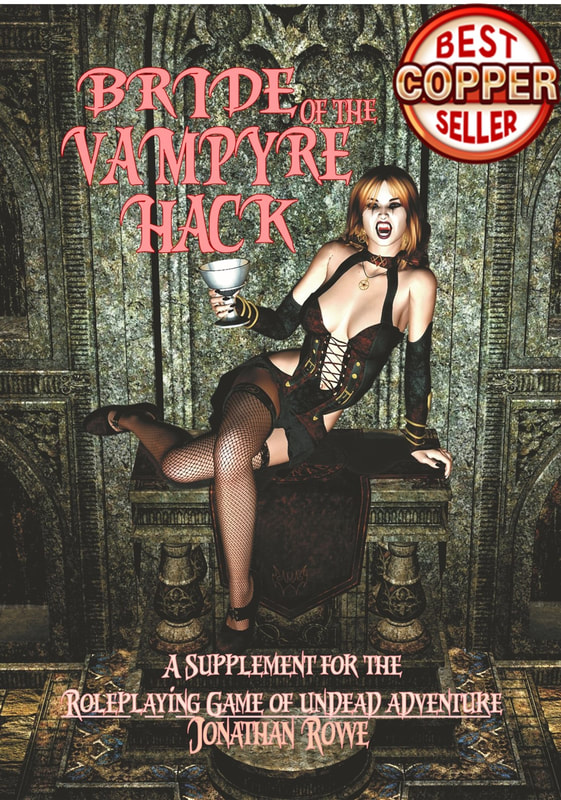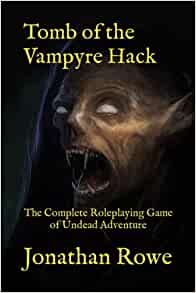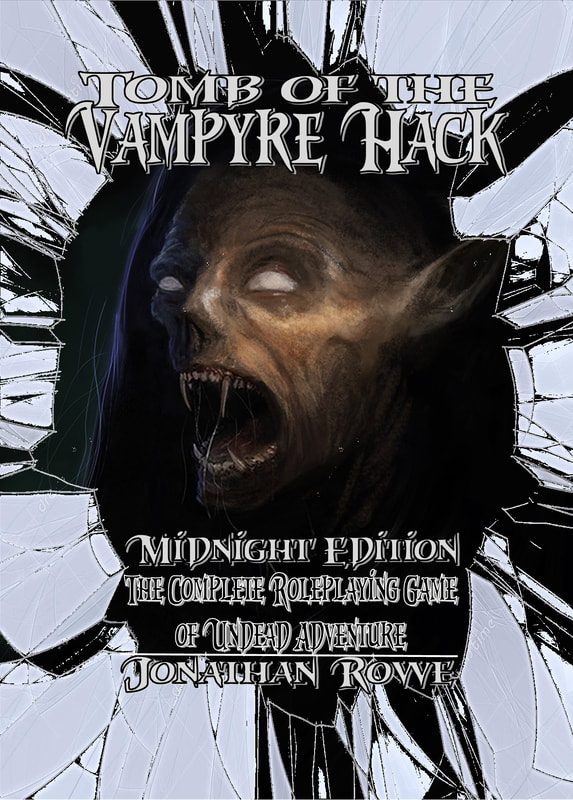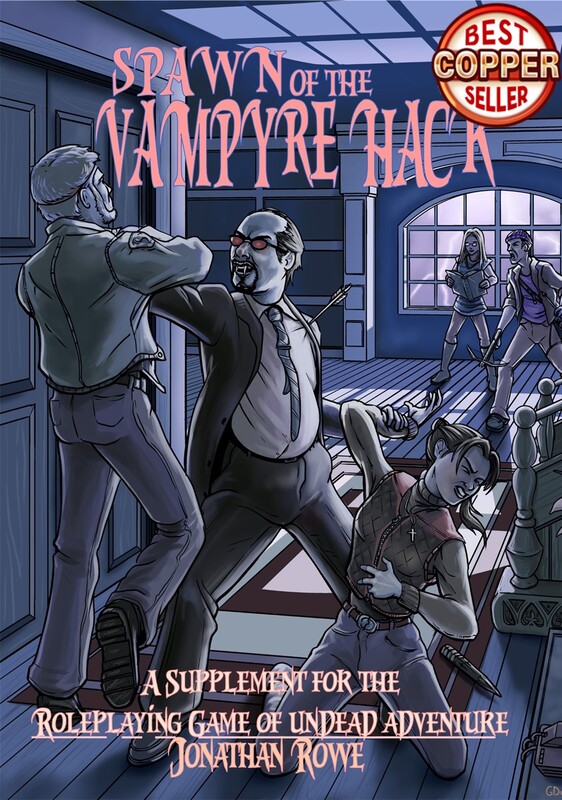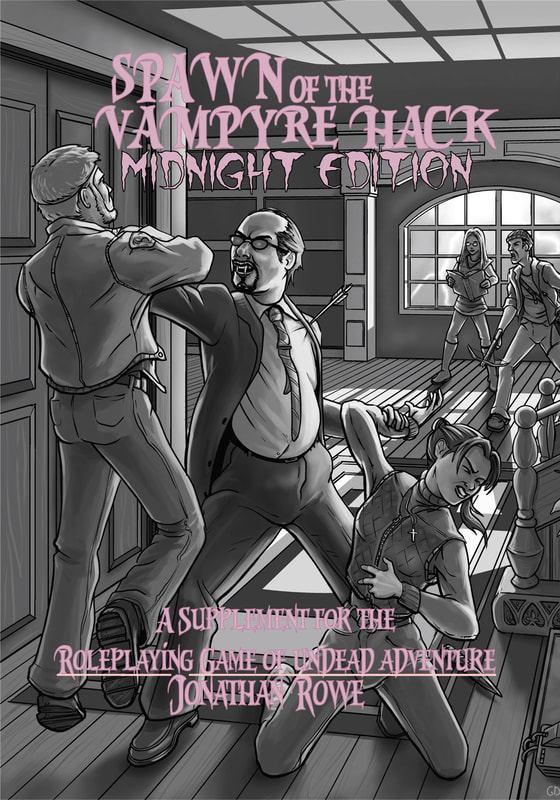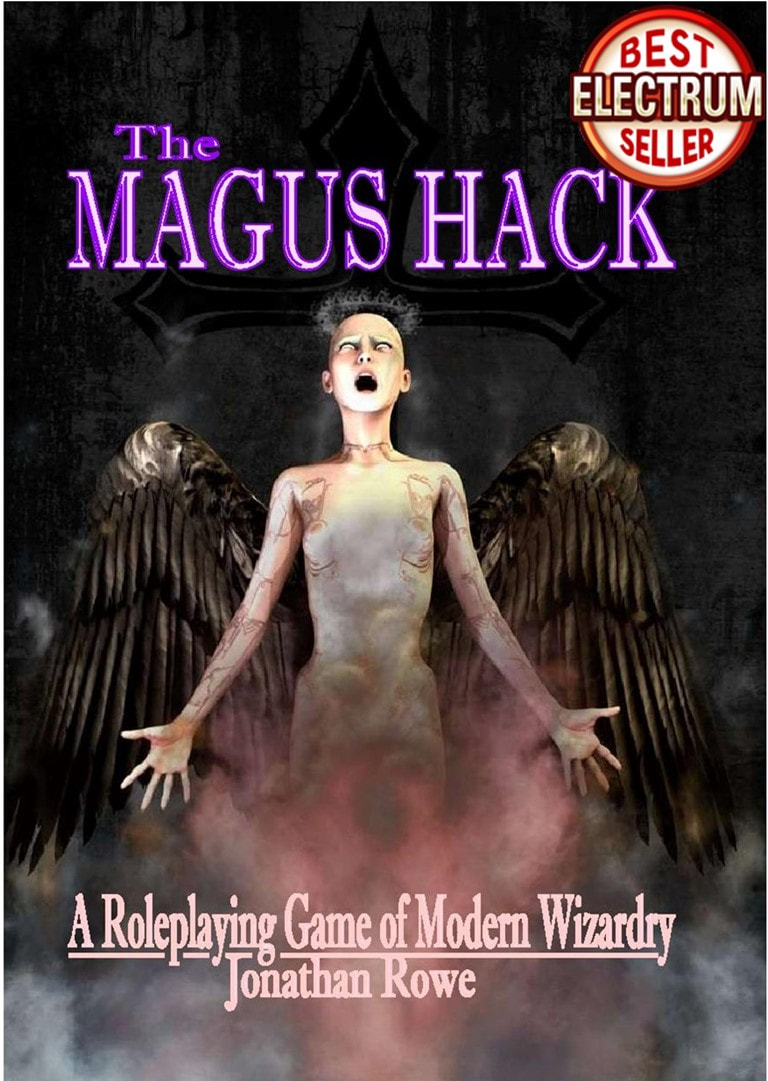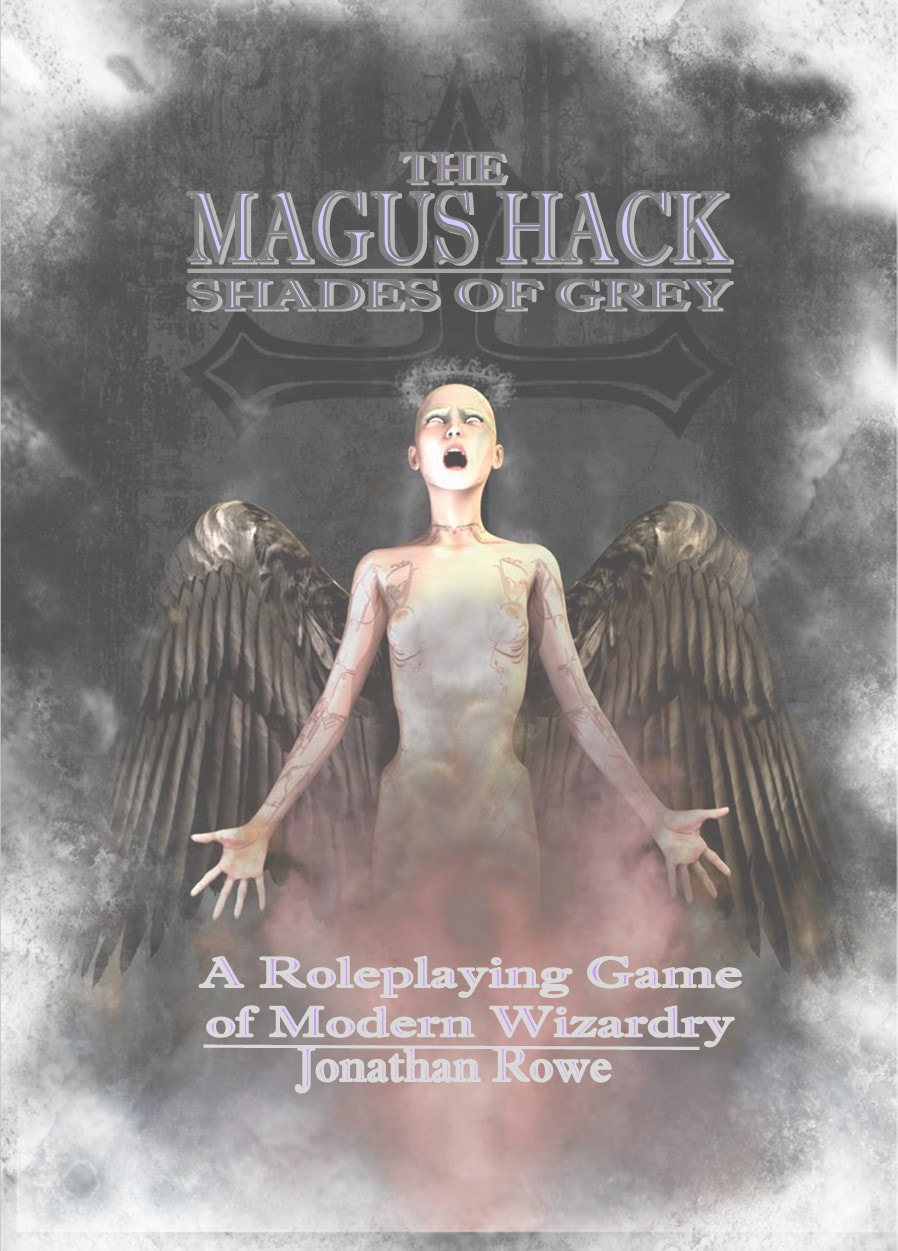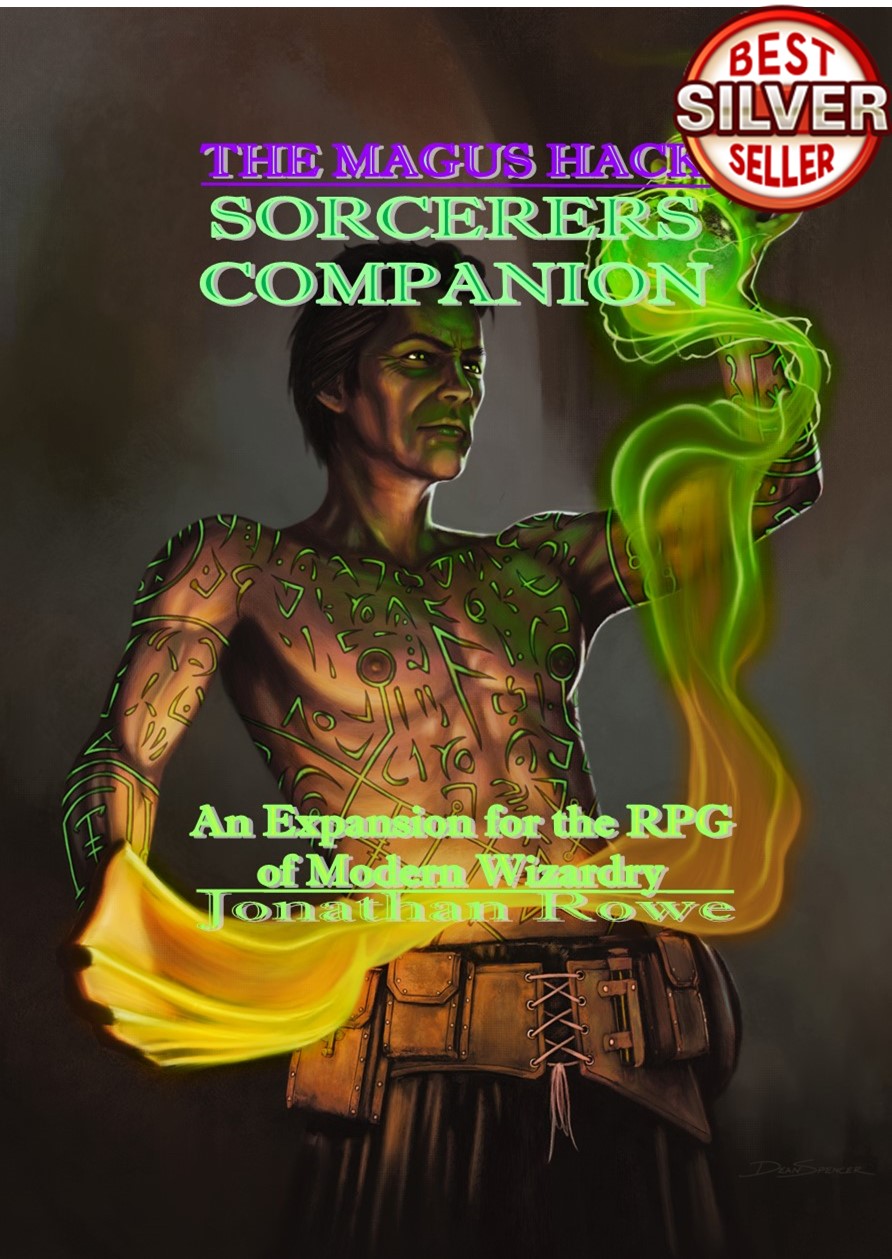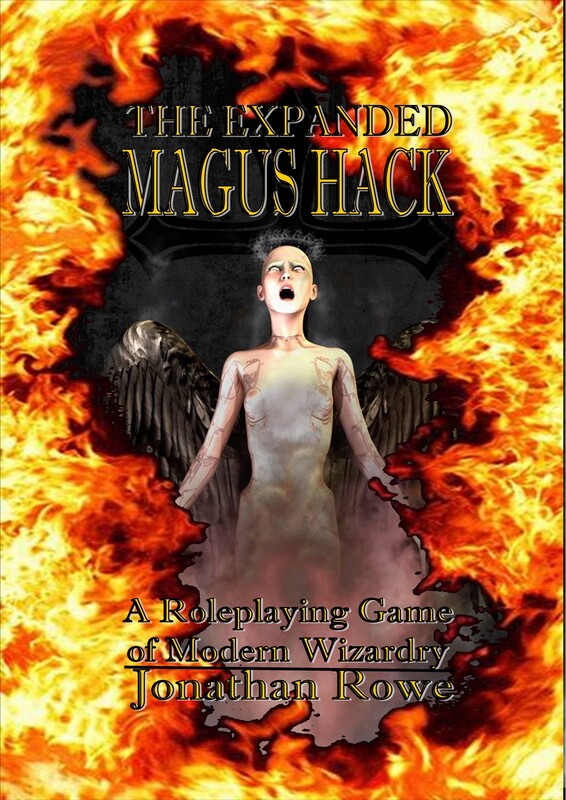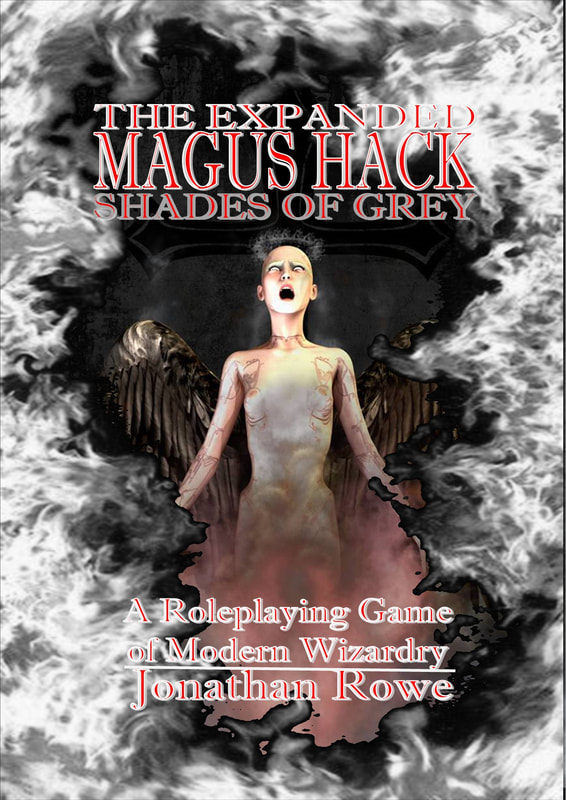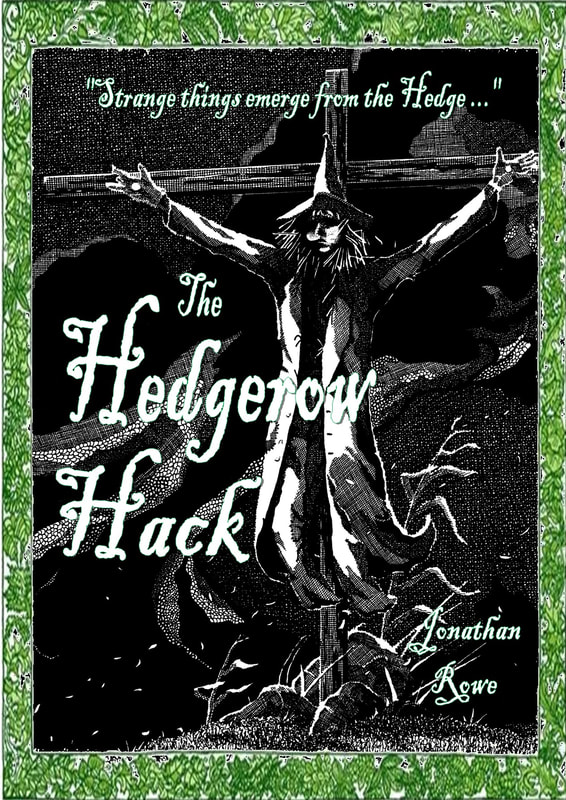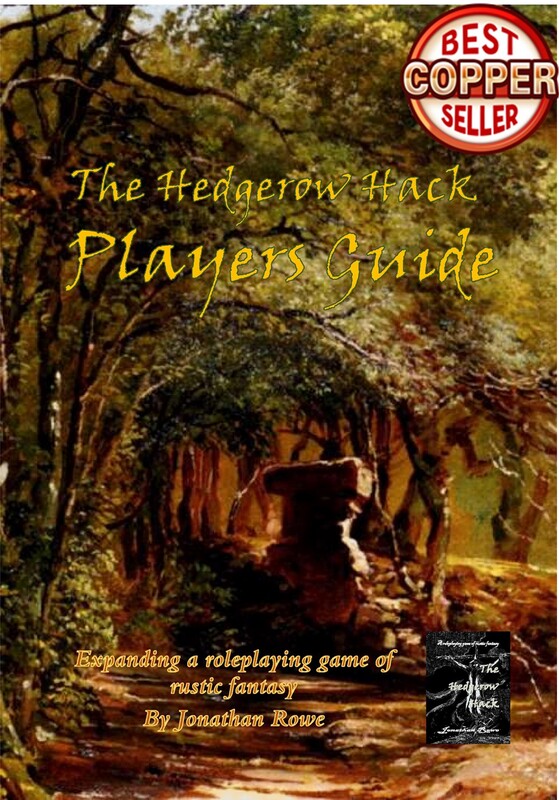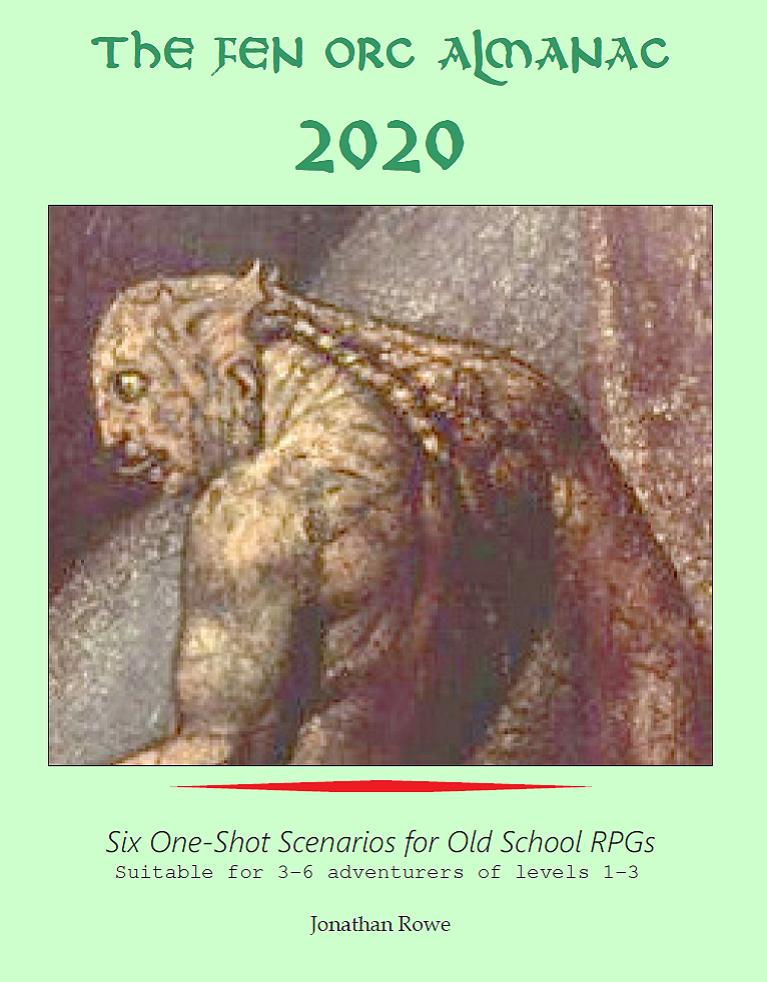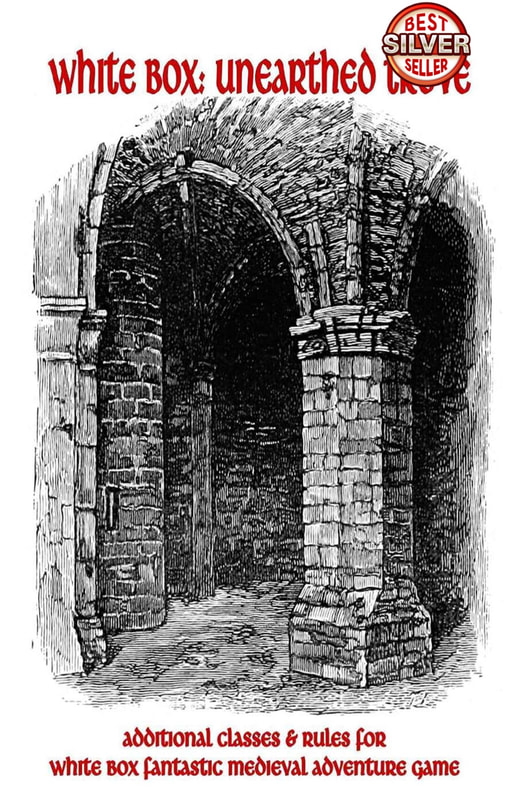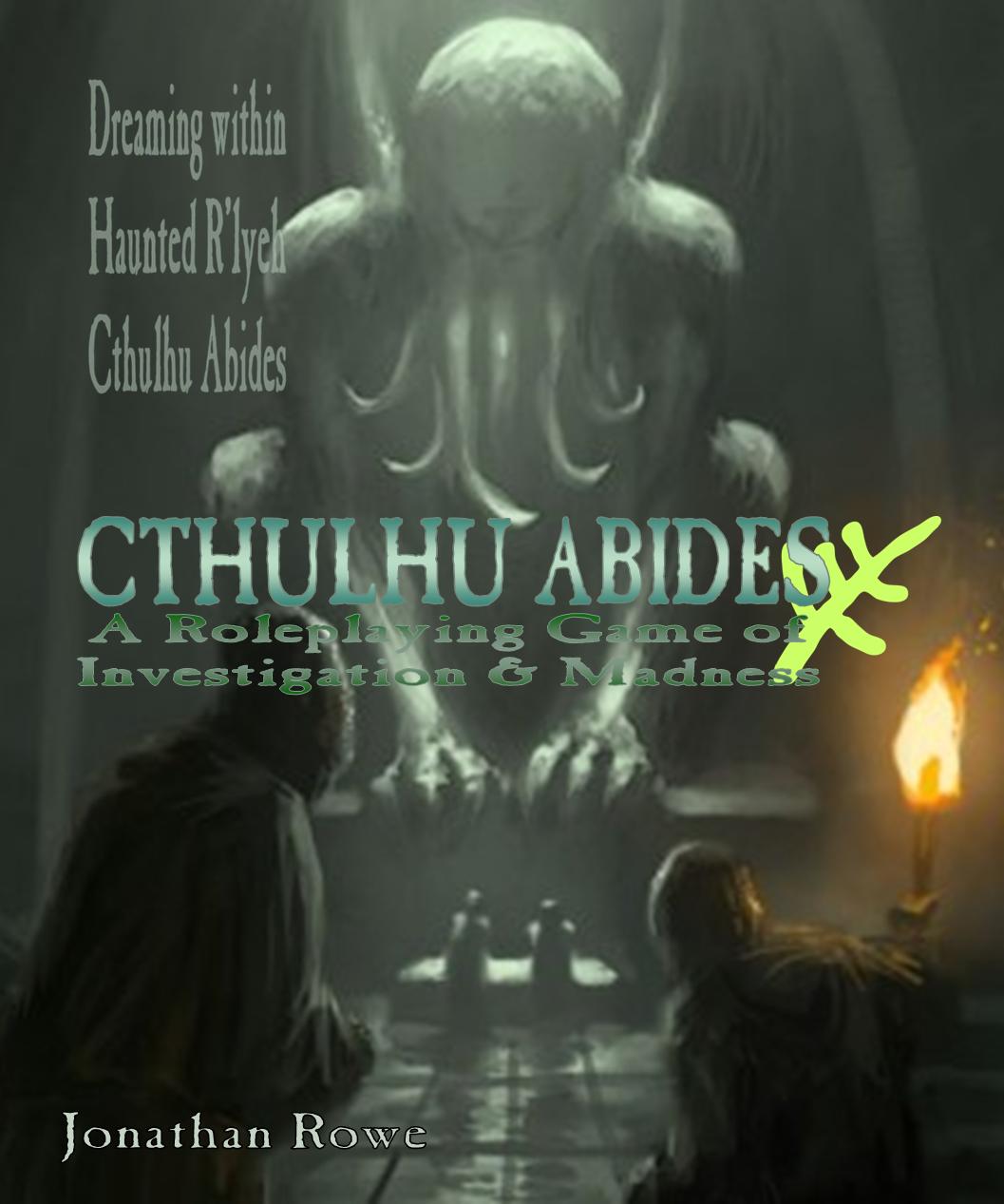|
Previous posts discussed Forge Out Of Chaos' rules for Divine Magic and analysed its apocalyptic mythology, in which the gods are all banished or consigned to Mulkra (Hell). This mythology, which gets pride of place at the very start of the book, was subjected to Ron Edwards' withering critique about fantasy heartbreaker RPGs indulging in "dumb names" and "un-fun strictures" for clerical characters. Edwards also complains that, despite their enthusiasm for myth-making, these games don't develop fantasy religion any further than a "direct correspondence with player-character options (as opposed to societies or organizations)." In other words, the myth-making just offers an explanation for fantasy races and clerical spells, but gets forgotten about as soon as this is over and done. Let's take a look at that. Life after the Apocalypse The Kibbe Brothers make a substantial and rather imaginative effort to sketch out a fantasy mythology for Juravia, involving a benevolent but absentee Creator and a family of flawed and compromised divinities, culminating in an apocalypse where the deities are judged, found wanting and banished. The implications of this are huge. Most fantasy mythologies - and many real world ones - propose an apocalypse at some future point. The Norse anticipated Ragnarok when the gods will fight the giants and lose. The Aztecs feared something similar and made blood sacrifices on an industrial scale to delay it. The word 'apocalypse' means 'revelation' and is the original name for the Book of Revelation in the Bible, an obscure rant in uncouth Greek where a prophet named John describes (with great relish) the ghastly things that will accompany Christ's Second Coming in a series of mind-bending dreams involving giant angels, many-headed monsters and environmental catastrophes.
The implications of this are huge and not just for who clerics get their spells from. Consider the explanatory power of religion. In ancient cultures, disease and adverse weather, crop failures and pestilence, these were explained by the activities of the gods, either through their negligence in making the world secure against chaos or their active malevolence. That's why you prayed and sacrificed: to get the divine 'on side'. This affected social structures. Society was set up to mirror a divine order, with a monarch supported by a priestly class, receiving authority from the gods to rule and resist chaos as their semi-divine representative or partner. Defying the ruler was defying the gods and siding with the powers of chaos, disorder and death. This focus on divine order doesn't just lead to rituals of kingship, titles and authority; it imbues the calendar with mean, allocating feasts and fasts to different seasons and drawing communities together to reenact the great myths in worship and art. Social order emerges from this and also social distinction: tribes that honour strange gods and indulge in senseless rituals are the 'Other' and conflict between tribes becomes part of the divine order too: warfare becomes a religious duty and death in battle a religious sacrifice. Now let's look at Juravia. What authority can kings and princes cite when some enterprising peasant asks (Monty Python style), "Well how come YOU get to be king then?" What institutions exist to prop up their rule with a claim to possess, not just might, but right? How should the inhabitants start to regard each other, now that it is known as an objective fact that their differences of culture and race (bird people, reptile people, giant one-eyed apes) are the result of self-interested power-grabs by a clan of squabbling super-beings who were all equally criminal in their actions. If praying doesn't solve anything, but the world still contains danger, bad luck, unfairness and outright wickedness, what are thoughtful people supposed to do about it? Actually, it's not hard to answer that. You only have to look at our world for answers. We too experienced a widespread cultural collapse in confidence in religion to provide the rationale for politics, social order and morality. It was called the Enlightenment. Life after the Enlightenment The Enlightenment roughly corresponds to the 18th century in European history and involved the light of reason and science driving out the darkness of tradition and superstition. There were lots of causes. The Protestant Reformation had helped make religion a private rather than a public matter and the bloodcurdling Wars of Religion shaped a view that God had no place in politics and perhaps no place in ethics either. Science arose to claim an alternative explanatory power to religion and leaps in technology seemed to validate scientific claims to understand the true nature of the universe. Forge's legendarium has similar forces at work. The God-Wars serve to discredit the gods and their worship, revealing that the gods were neither wise nor good and that they are no longer able to answer prayers. After the Banishment, mortals work out the principles of magic and learn to cast spells without divine assistance: a close analogue to the rise of science. Magic seems to be a natural (and morally neutral) force in the universe which can be manipulated by those with the intelligence, willpower and the right tools. The gods were just better at it than anybody else. The thinkers of the Enlightenment and subsequent centuries were faced with the problem of living in an imperfect and unjust world, without the assurance that God ordained it to be this way or would intervene to improve it. This is similar to the inhabitants of Juravia, left with a world with all the normal dissatisfactions (poverty, disease, inequality) plus marauding monsters. Fantasy Democracies and other solutions The most influential solution proposed by Enlightenment thinkers was human rights and democracy. In the absence of God, we have to be gods to one another and treat each other as gods. Every individual is accorded a transcendent worth and their consent (in some form) is the only ethical justification for the exercise of power and the continuance of unequal social arrangements. You would expect a world like Juravia to start throwing up democratic republics, where having the status of a rational agent (regardless of your appearance: bird-person or one-eyed gorilla) entitles you to vote. These republics wouldn't necessarily be very stable or even peaceful places. Democracies can be fissiparous and inclined to go to war, especially against non-democracies. You would expect slavery to be a raging controversy and some races might be unfairly deemed 'irrational' and unworthy of the franchise (I'm talking about those dimwit Ghantus). But democracy isn't the only Enlightenment solution. The fact that democratic republics can coexist so easily with the unjust social arrangements that preceded them explains why some people find them no solution at all. Communism offers another way, especially since the Banishment has created a Year Zero and an opportunity to cast down and re-make all social institutions. Agrarian fantasy societies might find Communism much more amenable than democracy, especially if they have to knit together different (and formerly inimical) races. It's easier to get the orcish Higmoni and the avian Merikii to coexist if you take all their possessions off them and redistribute everything. I imagine the frail but empathic Jher-em weaselfolk would excel as Communist commissars. The daylight-hating, magic-detecting Dunnar would rise through the ranks as well, leaving Elves and Dwarves to toil in the mines and collectivised farms. Then there's ethno-nationalism; let's just call it Fascism. Even if the gods are losers and now ineffective, having a specific creator binds fantasy races into a shared narrative, having a place where they belong and a way of life that is ordained for them: they are not just a species but a Nation. "We are Merikii, the People of Marda, and we were granted this land." Nations need borders and a strong sense of who is in (your compatriots) and out (foreigners). At its best, this produces communities with a powerful sense of identity and distinctive culture that is not subject to any sort of rational critique. At it's worst, there's institutionalised racism, enslavement of lesser species and genocide. Finally, there's the true flipside to the Enlightenment: religious fundamentalism. Not everyone accepts the gods are gone, no matter the evidence. Fundamentalism thrives on conspiracies and messiahs: either the gods are hiding themselves (as a test of faith, no doubt) or are shortly to return (to reward those who stayed loyal). Fundamentalists hate the democratic republicans, Communists and Fascists equally: they've all replaced religious worship with a false idol (the will of the people, the common good, the nation). In Juravia, where specific gods created specific races, Fundamentalism might coexist with some forms of Fascism. Maybe the Sprites await the return of Omara to rule over the pastures where she established her little people. In return, the Enlightenment political institutions distrust Fundamentalism. Democracies try to lock religion out of politics (either with a strict separation of church and state or by neutering religion as an established church that serves the state); Communism tries to expose it as a sham; Fascism might patronise some local cults while persecuting other foreign ones. Outright Atheism emerges from this debate. After all, why suppose the old stories of the gods are even true? Maybe Necros was just a way-powerful Necromancer and Dembria an Enchanter. They bamboozled people into thinking they were divine then got their comeuppance. "I'm sure there's a magical explanation for all this, Mulder." Dembria (Enchantment), Kitharu (Nature) and Marda (Beasts) Where does that leave the 'churches' of Berethenu and Grom? After all, these cults have some evidence (in the form of clerical spells) that their gods are still real even if they don't intervene. As sketched out above, some states will try to privatise these cults (whatever you do in your own time...) and others will assimilate them (this document makes you a state-licensed activist of Grom) or repress them (was that an act of ideologically-unsound magic, Friend Citizen?) and in some ethno-nationalist enclaves the cult IS the state (the Dwarvish See of Berethenu welcomes careful waggoners). Atheists will regard 'divine magic' as a hoax: ordinary Pagan Magic with delusions of grandeur. Of course, for ordinary people, there's ordinary superstition. It never hurts to offer a prayer to Kitharu before a sea-journey: if the god still has the power to make it tempest-free, so much the better; if not, what did it cost you? But I can't help feeling that a world like Juravia would be intolerant of such things. Once you reject religion, you don't tend to retain an affection for it, even in its quaintest forms. Since Kitharu infested the deeps with sea monsters and then cleared off, leaving the mess behind, I doubt sailors or the rulers of maritime empires would be sentimental about him. If you want a safe voyage, hire an atheist Elementalist; if you want to tell yourself comforting lies about Kitharu, stay on land. The culture of moderation and litigation The Kibbes' mythology seems to teach other lessons its writers don't appreciate. It condemns any form of extremism. Left to their own devices by Enigwa, the gods pursue their own agendas, becoming more and more extreme until, unable to compromise, they go to war. Obviously, Grom and Necros are the villains, but the tale of Berethenu is poignant. The god of Justice, Berethenu breaks all the laws he was trusted to uphold. He goes to war on the Triumvirate, he shapes humans into his Dwarvish servitor race, he teaches magic to mortals. Of course, he does so for high-minded reasons, but so what? When Enigwa pronounces judgment, Berethenu's own inflexible scruples make it impossible for him to repent: he condemns himself to eternity in Mulkra. The moral: there's no ethical difference between a monster like Grom and a paladin like Berethenu; both end up in the same place. One imagines that, even centuries later, the citizens of Juravia feel discomfort around a Berethenu Knight. Sure, it's nice that they give to charity. But the defining myths of this world condemn what they stand for. The myths also condemn laissez-faire individualism. Enigwa is culpably irresponsible for leaving humanity at the mercy of the squabbling gods. If the gods themselves cannot be trusted to run the world without the firm hand of higher authority guiding them, what chance do ordinary people have for making the right decisions unassisted? One suspects Juravia is a world of authoritarian regimes where people look to strong leaders and distrust liberalism. Even democratic republics can be authoritarian, especially if they are intensely legalistic. The law makes a great surrogate for religion in secular societies because it tries to do the same thing as religion: establish order and the limits of what is acceptable, create the illusion of control over the vicissitudes of life, pronounce judgment by rewarding the virtuous and punishing the wicked, connect people to the past through precedents and each other through contracts. I wouldn't be surprised if Juravian adventurers need to be legally recognised professionals, rather Elizabethan players, subject to the bureaucratic whims of a Master of Dungeons who hands out and revokes the licenses to plunder any particular tomb, cavern or mine, Or just ignore it Ron Edwards notices that Forge Out Of Chaos ignores all of these considerations. He actually takes it as a point in the game's favour that "this material was taken the least seriously and written for fun imaginative-background rather than as a personal fantasy opus." The Kibbe Brothers seem to bear this out. No sooner have they described the Banishment than they are alluding to the persistence of entirely conventional religion in Juravia. Apparently "sailors and coastal provinces hold festivals in [Kitharu's] honour" (nothing strikes me as less likely) and "the Festival of the Eclipse is still held in [Dembria's] honour" (weird, since Dembria's blotting out the moon is what unleashed the undead upon the world) while "holidays and ceremonies are held in [Omara's] honour" (fair enough, farmers need holidays, but why would they honour a goddess who cannot guarantee anyone a good harvest?). The World of Juravia Sourcebook (2000) makes it clear that conventional polytheistic piety holds sway in Juravia. It's like the Apocalypse never happened. But I like the Kibbes' apocalyptic myth - or bits of it anyway (I'll discuss the unfortunate bits in the third and final blog in this series). It seems to me that there ought to be a fantasy setting properly based on it.
Maybe I'll end up designing it myself...
0 Comments
Leave a Reply. |
30 Minute Dungeons
Essays on Forge
FORGE Reviews
OSR REVIEWS
White Box
THROUGH THE Hedgerow
Fen Orc
I'm a teacher and a writer and I love board games and RPGs. I got into D&D back in the '70s with Eric Holmes' 'Blue Book' set and I've started writing my own OSR-inspired games - as well as fantasy and supernatural fiction.. Archives
July 2024
Categories
All
|

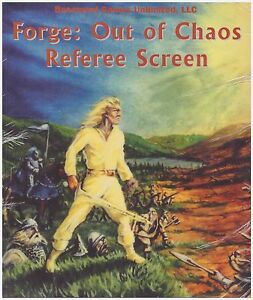

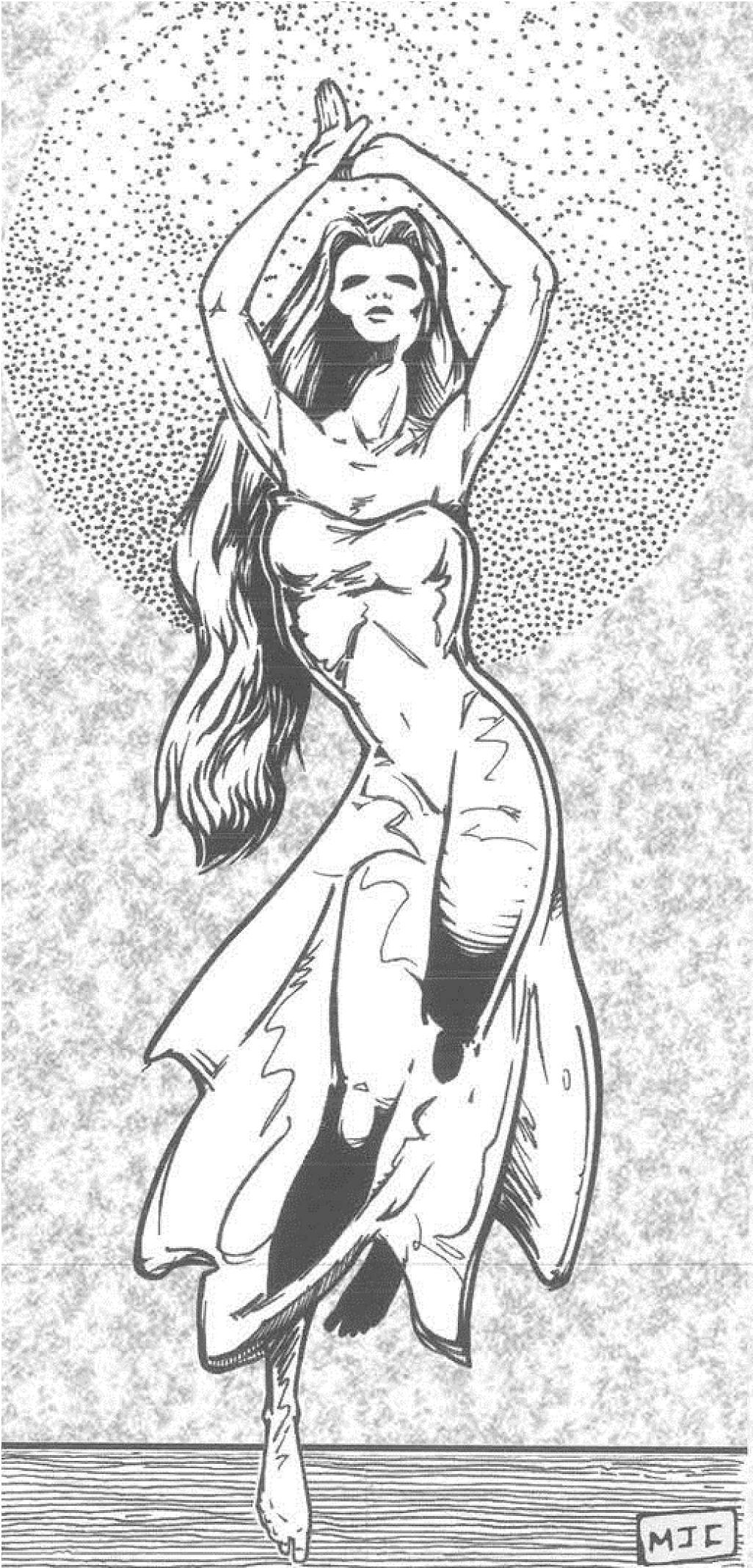
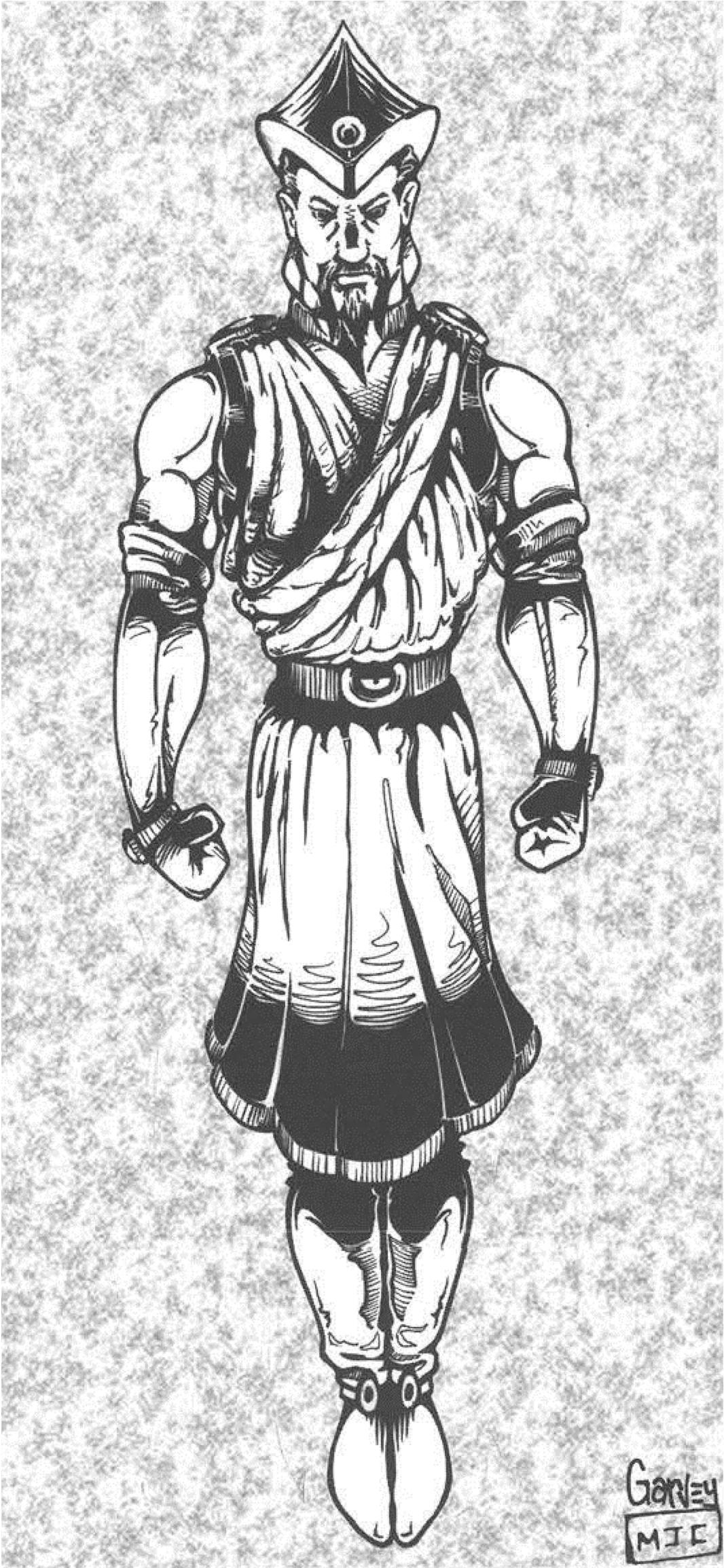
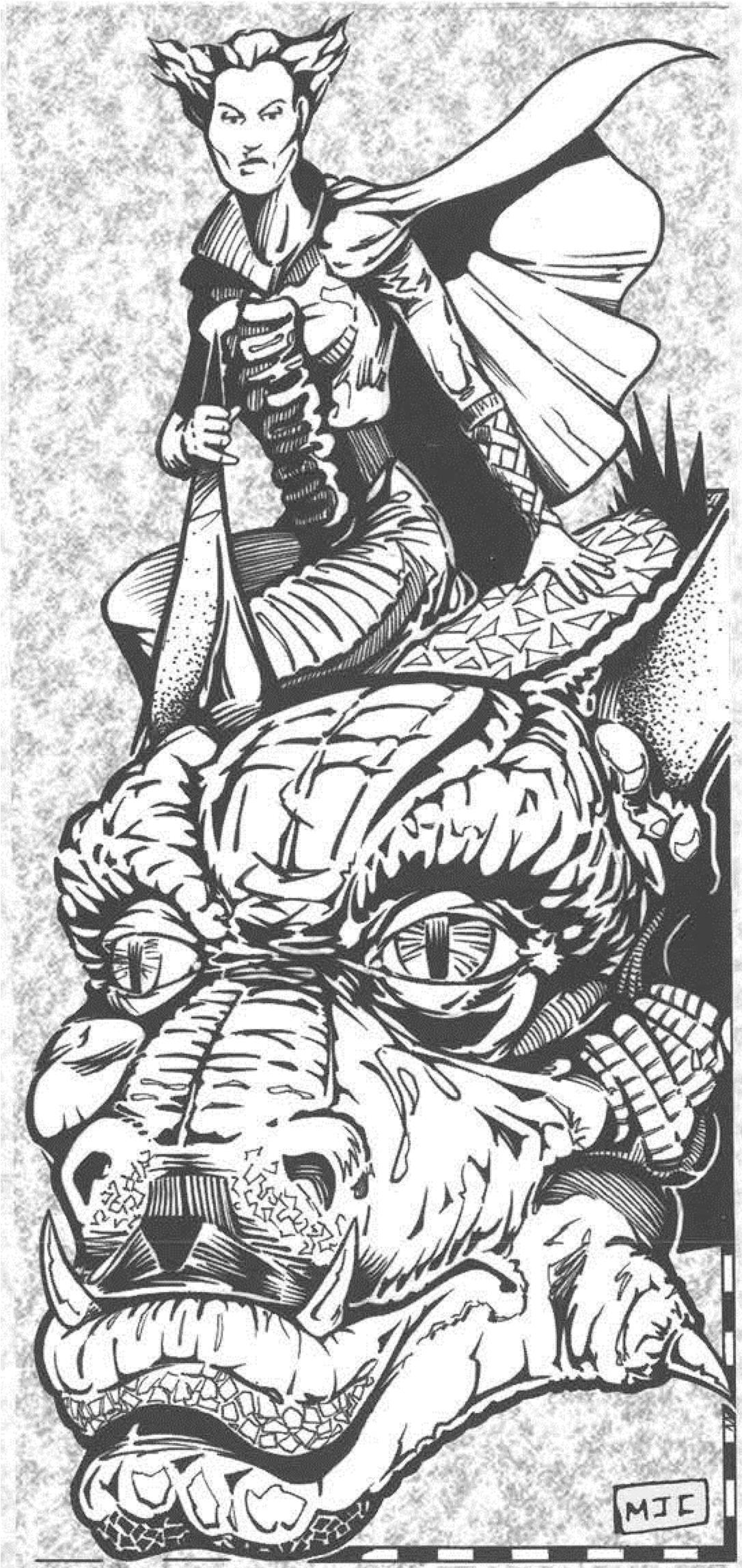

 RSS Feed
RSS Feed
